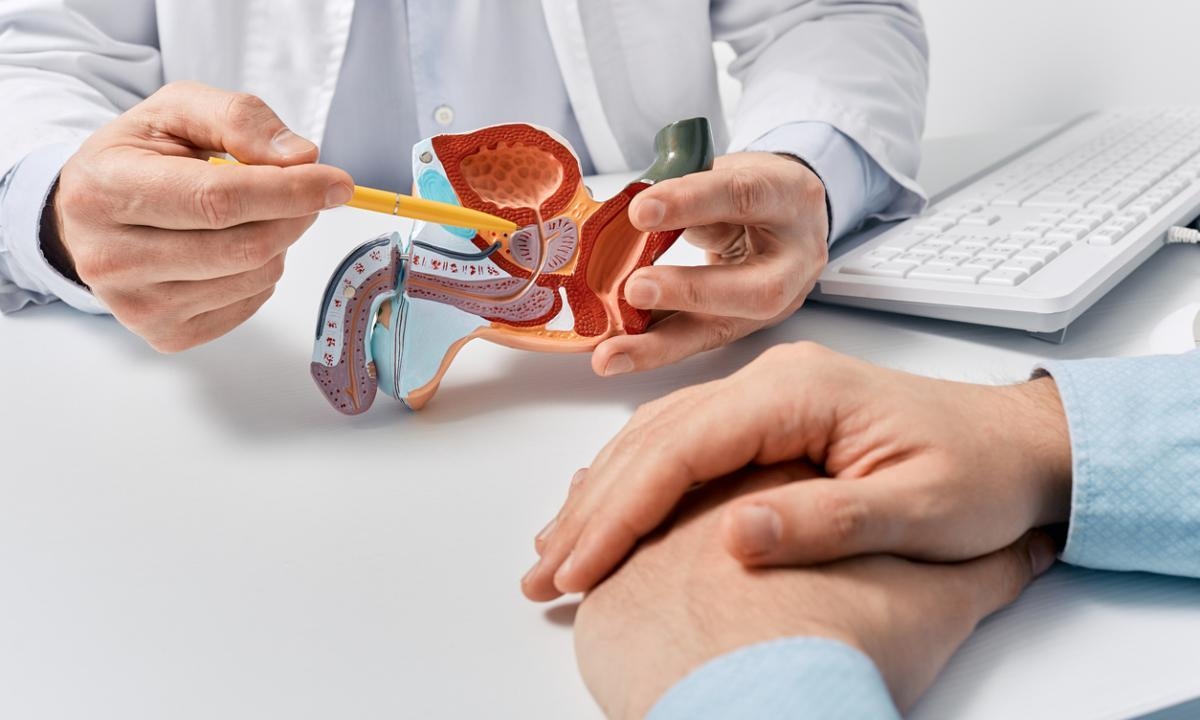
Physical Activity and Its Influence on Kids' Emotional Well-being
Physical activity plays a crucial role in enhancing children's emotional well-being.
Here's how:
1. Anxiety Reduction
Physical activity, such as sports, running, or playing, triggers the release of endorphins, which are natural mood lifters. This helps children reduce stress, anxiety, and frustration.
2. Improved Mood
Regular exercise is linked to improved mood and decreased symptoms of depression. It boosts the production of serotonin, a neurotransmitter that contributes to feelings of happiness and well-being.
3. Enhanced Self-Esteem
Achieving physical milestones and improving skills in sports or activities boosts children's self-esteem and self-confidence. This positive self-perception translates into emotional well-being.
4. Better Sleep
Physical activity promotes better sleep patterns. Quality sleep is essential for emotional regulation, cognitive function, and overall well-being.
5. Improved Social Interactions
Many physical activities involve teamwork and social interaction. These experiences help children develop social skills, build friendships, and create a support network, all of which contribute to emotional health.
6. Enhanced Stress Coping Mechanisms
Engaging in physical activities teaches children healthy ways to cope with stress. Instead of turning to unhealthy coping mechanisms, they learn to manage stress through exercise.
7. Better Emotional Resilience
Regular physical activity helps children develop emotional resilience. It teaches them perseverance, discipline, and the ability to handle challenges effectively.
8. Reduced Behavioral Issues
Children who are physically active often exhibit fewer behavioral problems. Physical activity helps channel excess energy and reduce impulsivity.
9. Improved Concentration
Exercise has been shown to enhance cognitive function and concentration. This indirectly supports emotional well-being by helping children perform better in school and daily tasks.
10. Positive Body Image
Encouraging physical activity can promote a healthy body image. When children feel good about their bodies, it positively impacts their emotional health.
Parents, educators, and caregivers should prioritize physical activity in children's routines. It not only contributes to physical health but also significantly influences their emotional well-being, helping them grow into emotionally resilient and happy individuals.
Trending
-
1 Mental Health Absences Cost NHS £2 Billion Yearly
Riddhi Doshi -
2 Gut Check: A Short Guide to Digestive Health
Daniel Hall -
3 London's EuroEyes Clinic Recognised as Leader in Cataract Correction
Mihir Gadhvi -
4 4 Innovations in Lab Sample Management Enhancing Research Precision
Emily Newton -
5 The Science Behind Addiction and How Rehabs Can Help
Daniel Hall





Comments